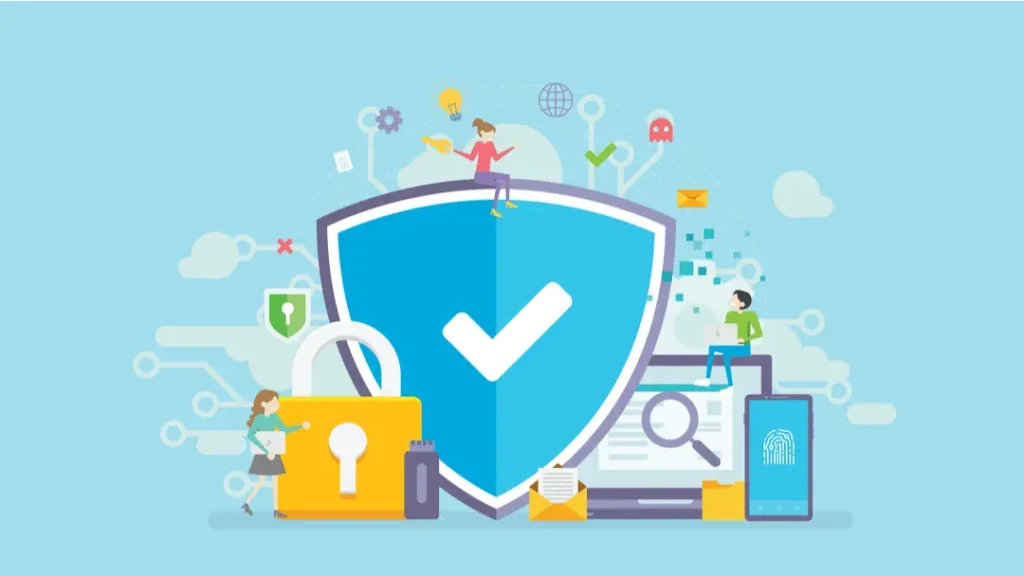
In today’s digital landscape, website security is of utmost importance. Hackers are constantly seeking vulnerabilities to exploit and compromise websites, leading to data breaches, loss of sensitive information, and damage to your online reputation. By implementing basic security measures, you can significantly reduce the risk of hacking and protect your website and visitors from potential threats.
In this article, we will provide you with essential tips to keep your website safe from hacking.
- Keep Software Up to Date:
Regularly updating your website’s software, including the content management system (CMS), themes, and plugins, is crucial for maintaining a secure environment. Software updates often include security patches that address vulnerabilities identified by developers. By promptly installing updates, you can close potential security loopholes and minimize the risk of hacking. - Strong and Unique Passwords:
Using weak or easily guessable passwords is one of the most common mistakes that can compromise your website’s security. Ensure that you use strong and unique passwords for all user accounts, including the administrator account. A strong password typically consists of a combination of uppercase and lowercase letters, numbers, and special characters. Additionally, consider using a password manager to generate and securely store your passwords. - Implement Two-Factor Authentication (2FA):
Two-factor authentication adds an extra layer of security to your website by requiring users to provide additional information, typically a unique code sent to their mobile device, along with their username and password. Enabling 2FA for your website’s login process can significantly reduce the risk of unauthorized access, even if someone manages to obtain a user’s login credentials. - Regular Backups:
Performing regular backups of your website’s files and database is essential for quick recovery in the event of a hacking incident or any other data loss. Store your backups in a secure location, separate from your website’s server. Automatic backup solutions are available that can simplify this process and ensure that you have recent backups readily available. - Secure Hosting and SSL Certificate:
Choose a reputable hosting provider that prioritizes website security. A reliable hosting environment with robust security measures can help protect your website from common attacks. Additionally, ensure that your website uses an SSL certificate, which encrypts data transmitted between your website and visitors’ browsers. This not only enhances security but also establishes trust with your users. - Use a Web Application Firewall (WAF):
A web application firewall acts as a protective shield, monitoring and filtering incoming web traffic to block suspicious and malicious activity. Implementing a WAF can help protect your website from common hacking techniques, such as SQL injections and cross-site scripting (XSS) attacks. - Regular Security Scans:
Perform regular security scans to identify vulnerabilities and potential security issues on your website. There are various security plugins and online tools available that can scan your website for malware, outdated software, and other security risks. Address any identified issues promptly to maintain a secure website environment.
Conclusion:
Protecting your website from hacking is a critical responsibility for website owners. By implementing basic security measures such as keeping software up to date, using strong passwords and two-factor authentication, regular backups, secure hosting, SSL certificates, web application firewalls, and security scans, you can significantly reduce the risk of hacking and ensure a safe online presence. Remember, maintaining a secure website not only safeguards your data but also protects the trust of your visitors and helps you establish a solid online reputation.



